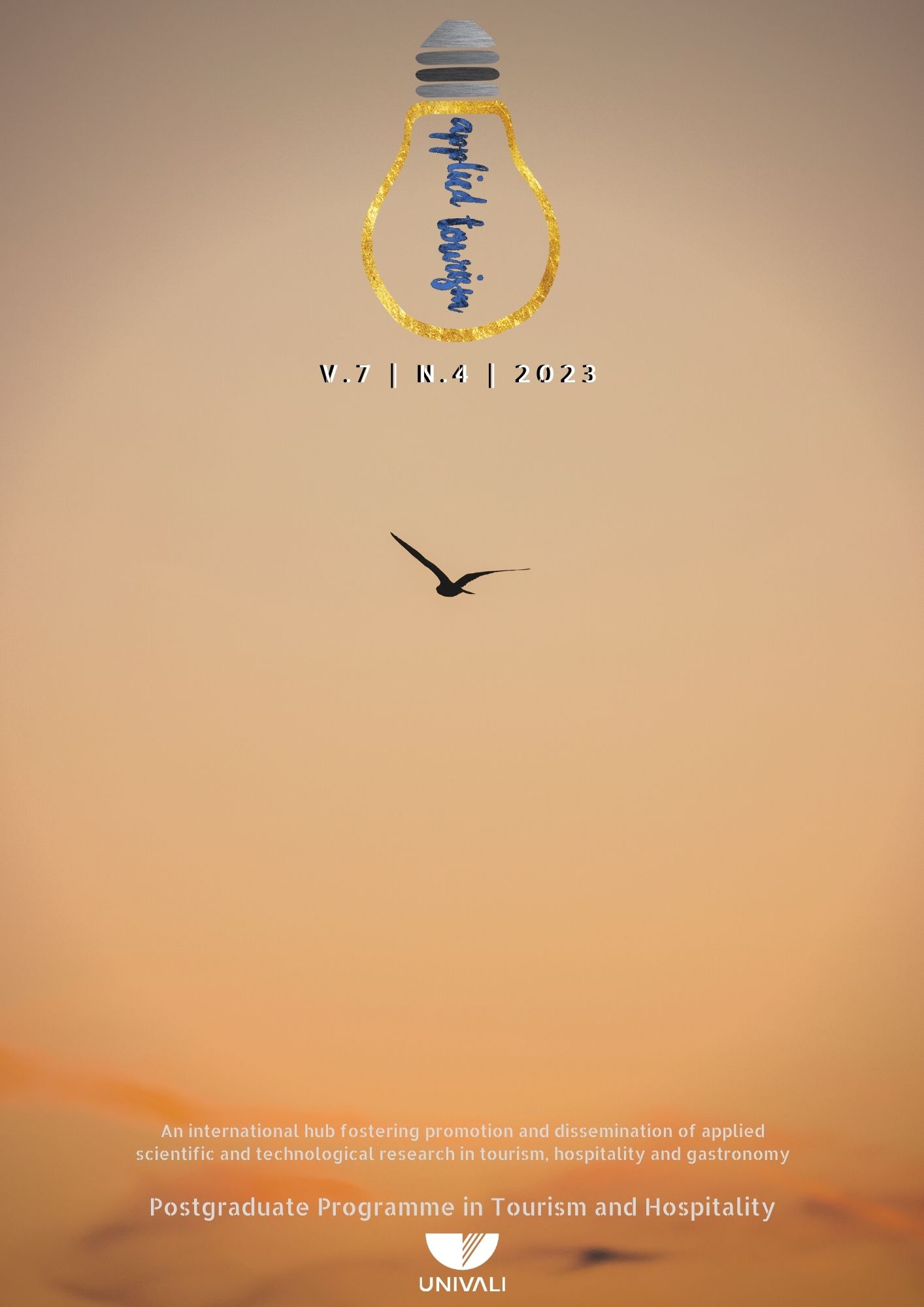Learning Styles and Teaching Strategies in Gastronomy: Kolb theory applied to students and teachers of the University Center Senac Campus Águas de São Pedro
DOI:
https://doi.org/10.14210/at.v8i1.19712Resumen
Learning can be defined as a process of creation and incorporation of knowledge through the transformation of experience. It is through the combination of apprehension experience that learning occurs, i.e., through transformative experience and by understanding information. This study is based on Kolb's theory, which defines four cyclic stages that exemplify learning modes. This article investigates the learning styles of undergraduate students of the higher education course in Gastronomy Technology of the SENAC University Center of the Águas de São Pedro campus, aiming to verify the preferences for the methodologies applied in the unit, and the relationship between the learning styles of the students and those of their teachers. This is an exploratory and descriptive study, based on bibliographic research. It is also quantitative, as it uses a standardized test/structured questionnaire for the data collection. Results were obtained from a sample of 115 students, mostly demonstrating convergence in terms of learning styles and preferred methodologies, preferring, in the latter case, technical visit, experimentation and dialogued exposure. Among the sample of teachers, comprising 22 respondents, the accommodating learning style was prevalent. Based on these results, it was concluded that the students’ predominant learning style differed from that of the teachers, presenting teachers with a challenge to apply the best teaching methodologies and bring quality teaching.
Descargas
Publicado
Número
Sección
Licencia
Derechos de autor 2023 Ana Paula Tunussi Prezoto, Nicholas Fernandes Teixeira, Karoline Bertucci do Amaral, Victor Ragazzi Isaac, Gabriel Furlan Coletti

Esta obra está bajo una licencia internacional Creative Commons Atribución-CompartirIgual 4.0.
Neste termo de responsabilidade certifico(amos) que participei(amos) da elaboração do artigo anexo, desta forma tornando pública a minha(nossa) responsabilidade pelo seu conteúdo. Declaro(amos) que não omitimos quaisquer ligações ou acordos de financiamento entre eu (nós) e entidades e / ou instituições que possam ter interesse na publicação deste artigo. Certifico(amos) que o artigo é original e que o trabalho, no todo ou em parte, ou qualquer outro trabalho com conteúdo substancialmente similar, de minha (nossa) autoria, não foi enviado a outro periódico e não o serão enquanto sua publicação estiver sendo considerada pela Applied Tourism, em qualquer formato (impresso ou eletrônico). Neste termo de consentimento, os autores relacionados dão permissão à Applied Tourism, no caso de aprovação pelo Conselho Editorial dessa, para a publicação do artigo anexo em cópia impressa e/ou eletrônica em edição regular da revista, e para o envio a base de dados.
Você tem o direito de:
- Compartilhar — copiar e redistribuir o material em qualquer suporte ou formato
- Adaptar — remixar, transformar, e criar a partir do material
- para qualquer fim, mesmo que comercial.
- O licenciante não pode revogar estes direitos desde que você respeite os termos da licença.
De acordo com os termos seguintes:
Atribuição — Você deve atribuir o devido crédito, fornecer um link para a licença, e indicar se foram feitas alterações. Você pode fazê-lo de qualquer forma razoável, mas não de uma forma que sugira que o licenciante o apoia ou aprova o seu uso.
CompartilhaIgual — Se você remixar, transformar, ou criar a partir do material, tem de distribuir as suas contribuições ao abrigo da mesma licença que o original.
- Sem restrições adicionais — Você não pode aplicar termos jurídicos ou medidas de caráter tecnológico que restrinjam legalmente outros de fazerem algo que a licença permita.










